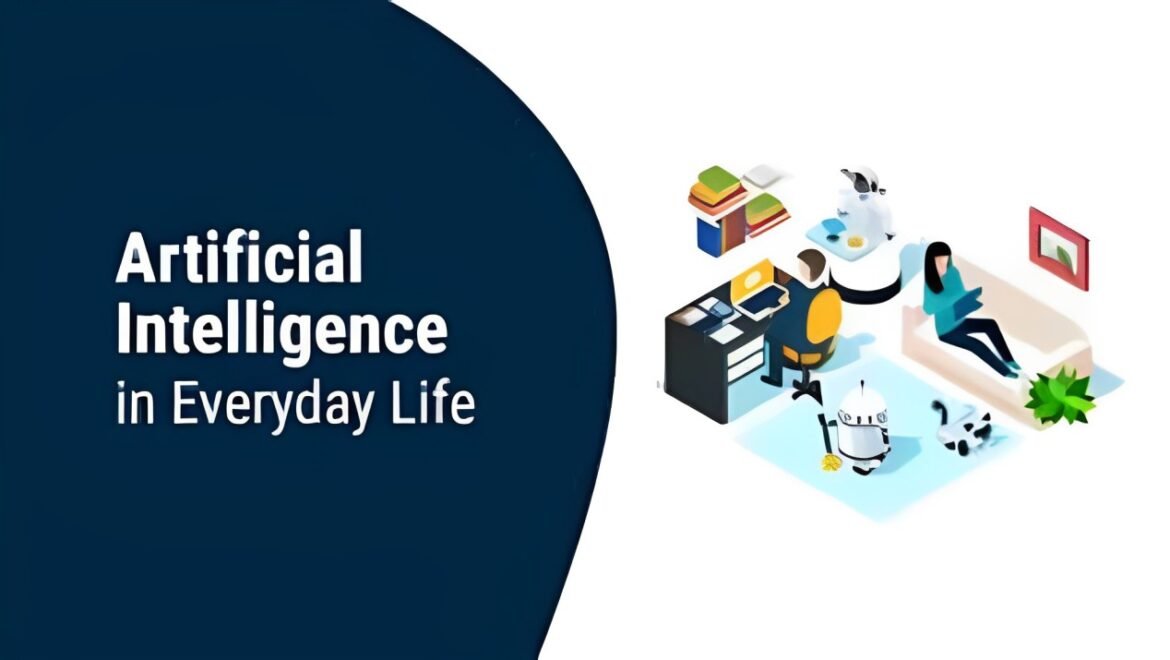
The integrating of Artificial Intelligence(AI) and analytics in health care is revolutionizing patient role care and outcomes. By harnessing the superpowe of data and AI, healthcare providers can diagnose diseases more accurately, individualise handling plans, and foretell patient outcomes with greater preciseness. This desegregation is leading to cleared patient role care, reduced , and more effective healthcare systems. AI and Analytics Integration in Australia.
One of the most significant applications of AI and analytics in healthcare is in medical exam imaging. AI algorithms can psychoanalyse checkup images, such as X-rays and MRIs, to observe abnormalities and serve radiologists in qualification more exact diagnoses. For instance, AI can place early on signs of cancer that may be uncomprehensible by the human eye, enabling earlier intervention and potentially delivery lives. Additionally, AI can psychoanalyse boastfully datasets from various imaging modalities, providing insights that can ameliorate characteristic truth and treatment preparation.
Another area where AI and analytics are making an impact is in personalized medicine. By analyzing patient data, such as genetic selective information, medical chronicle, and lifestyle factors, AI can help health care providers train personalized treatment plans plain to the individual needs of each patient. This approach not only improves treatment efficaciousness but also reduces the risk of unfavorable personal effects. For example, AI-driven analytics can foretell how a patient role will respond to a particular medicament, allowing doctors to select the most effective handling with stripped side personal effects.
Predictive analytics is also acting a crucial role in up patient outcomes. By analyzing real data and characteristic patterns, AI can prognosticate which patients are at risk of developing certain conditions, such as diabetes or heart disease. This allows health care providers to step in early on, implement preventative measures, and ride herd on patients more closely, at long las rising long-term health outcomes. For example, AI-powered analytics can foretell infirmary readmissions, sanctionative healthcare providers to take proactive stairs to keep them.
In plus to rising patient care, AI and analytics integrating can also raise operational in healthcare settings. For illustrate, AI can optimise scheduling, resourcefulness allocation, and workflow direction, reducing wait times and up affected role gratification. AI-driven analytics can also place inefficiencies in health care processes, allowing organizations to streamline operations and reduce .
Despite the many benefits, integration AI and analytics in health care comes with challenges. Data secrecy and surety are vital concerns, as health care data is highly medium. Healthcare providers must assure that patient role data is weatherproof and that AI algorithms are obvious and interpretable. Additionally, the adoption of AI and analytics requires investment in engineering science and grooming, which may be a barrier for some healthcare organizations.
In conclusion, the integrating of AI and analytics in health care is transforming patient role care by rising characteristic accuracy, personalizing handling plans, and enhancing operational . While challenges subsist, the potency benefits make AI and analytics integration a valuable tool for up patient role outcomes and the overall healthcare experience.
